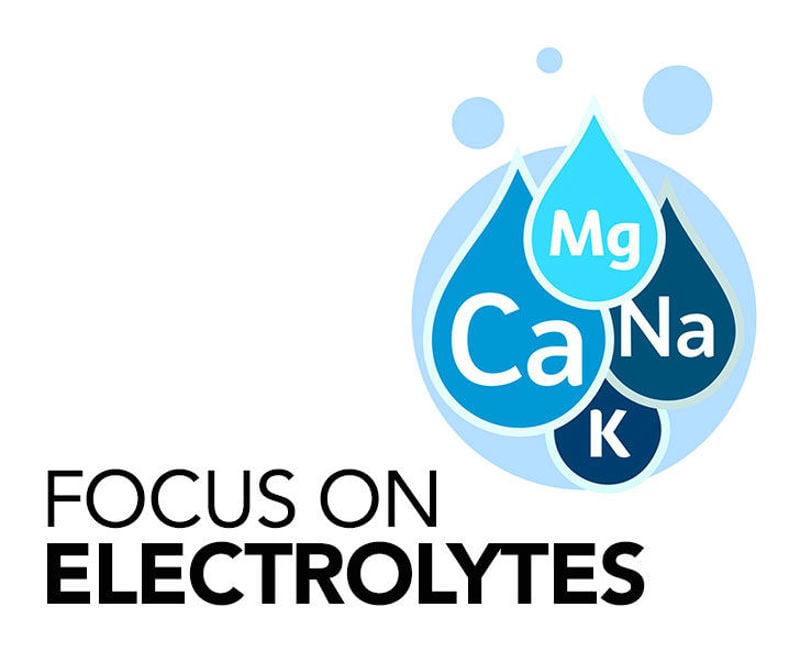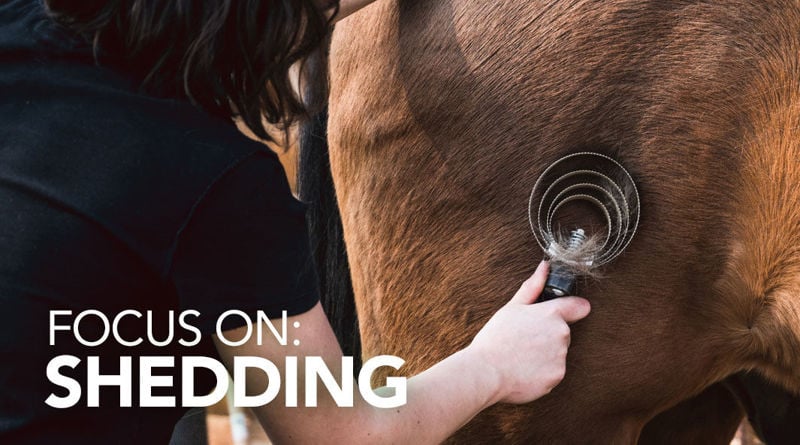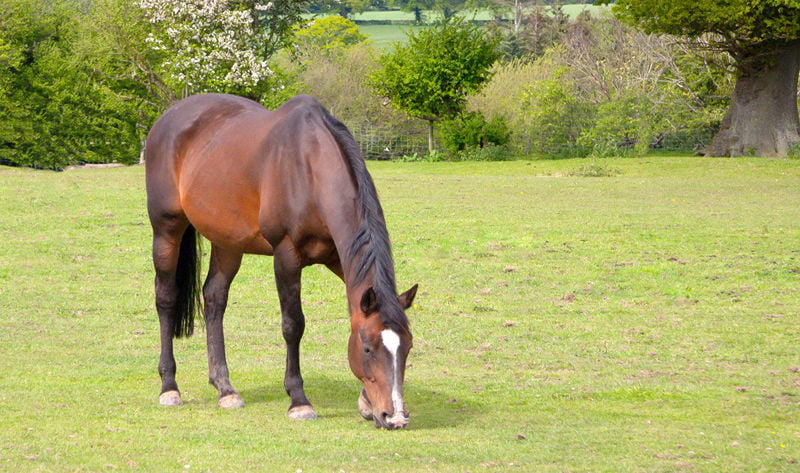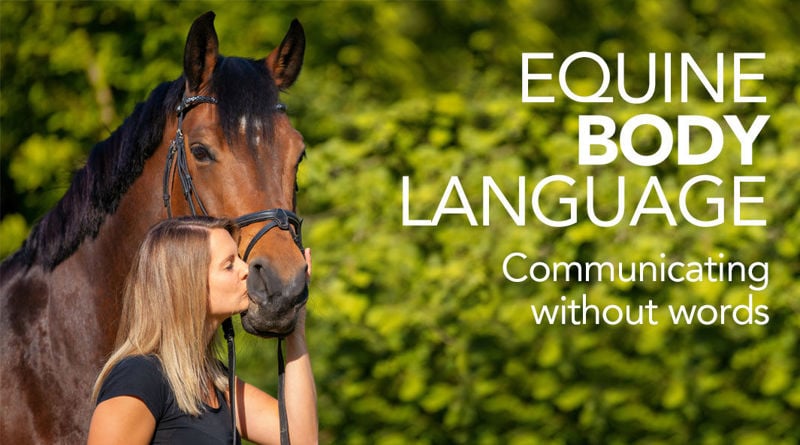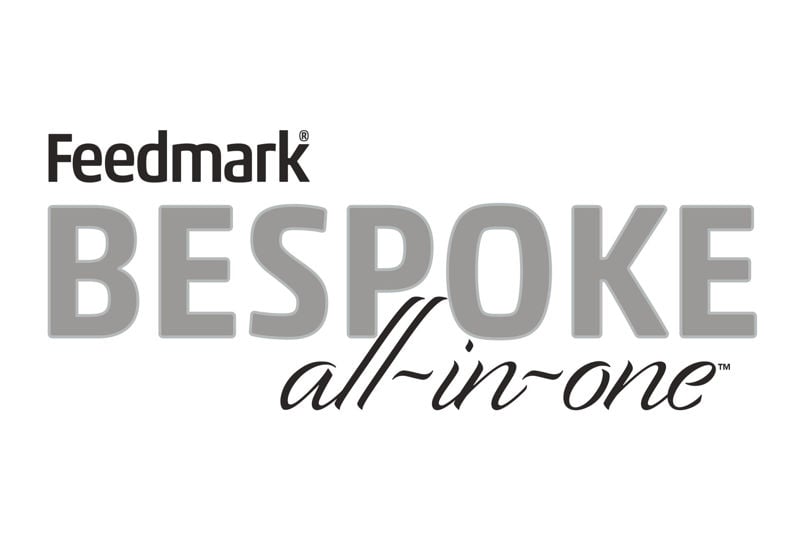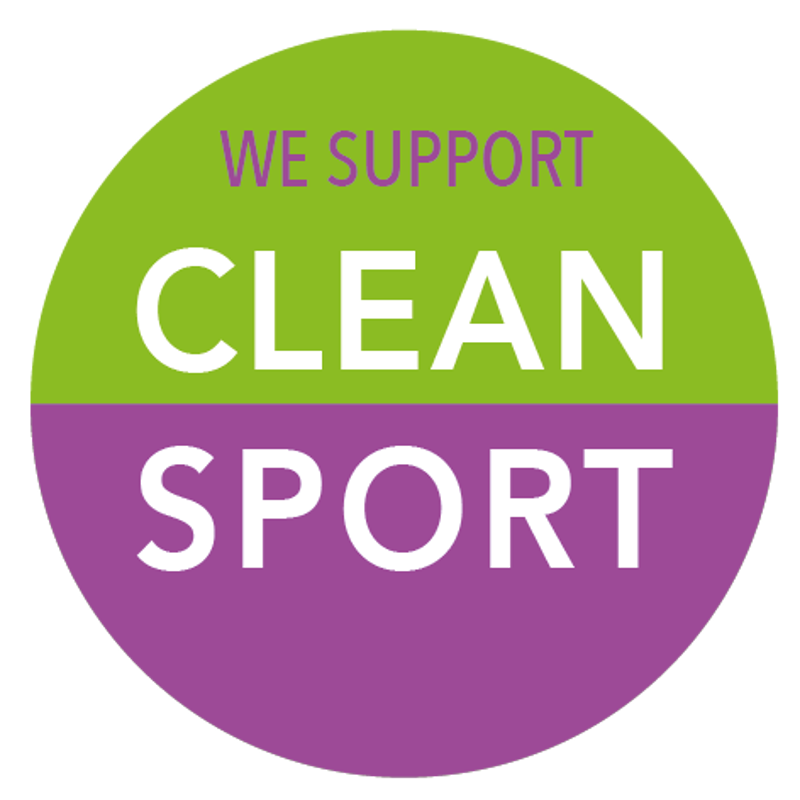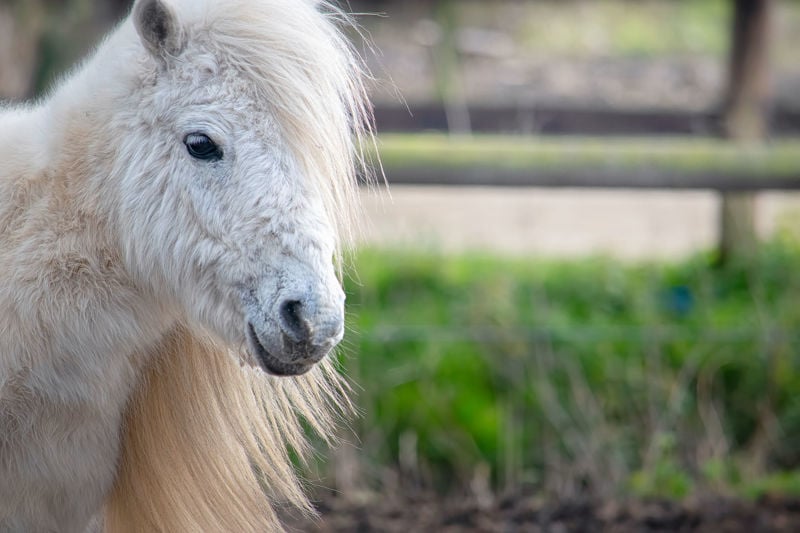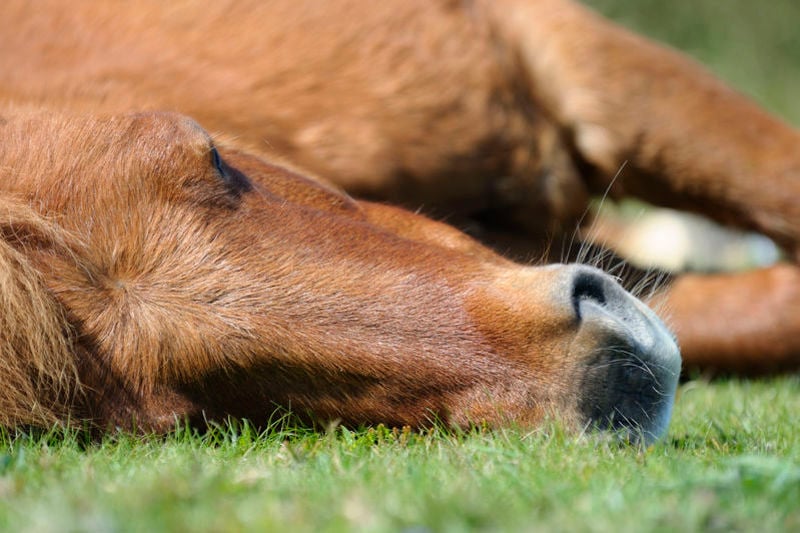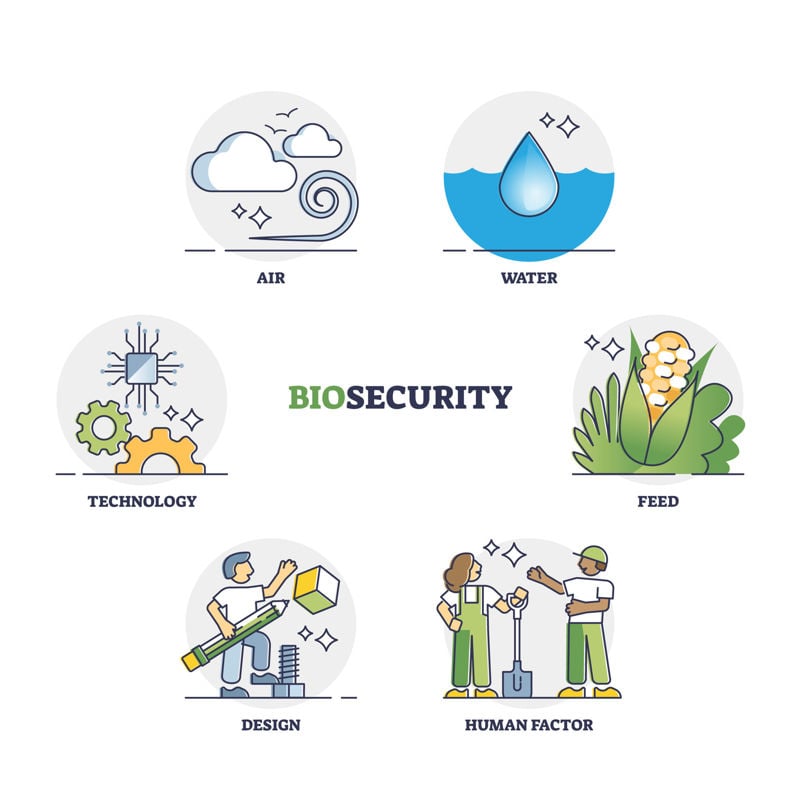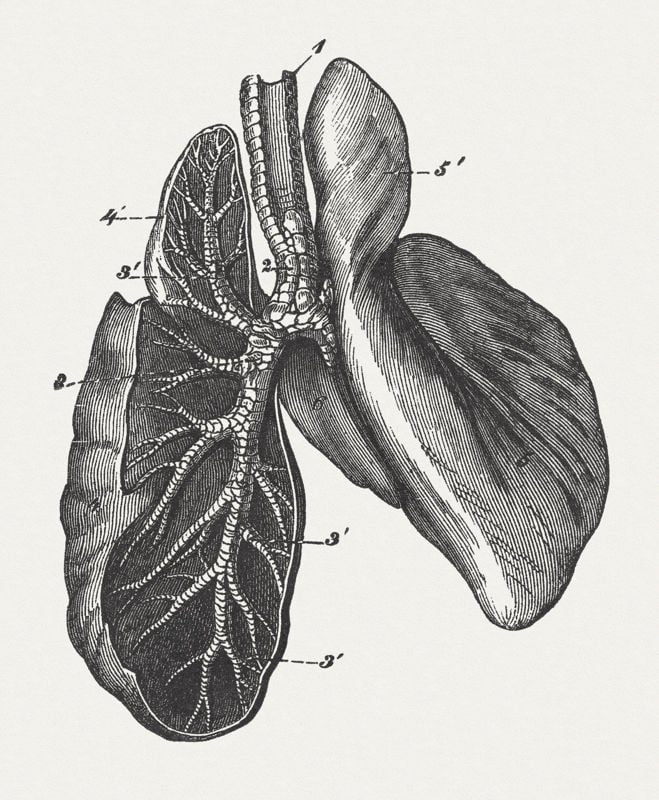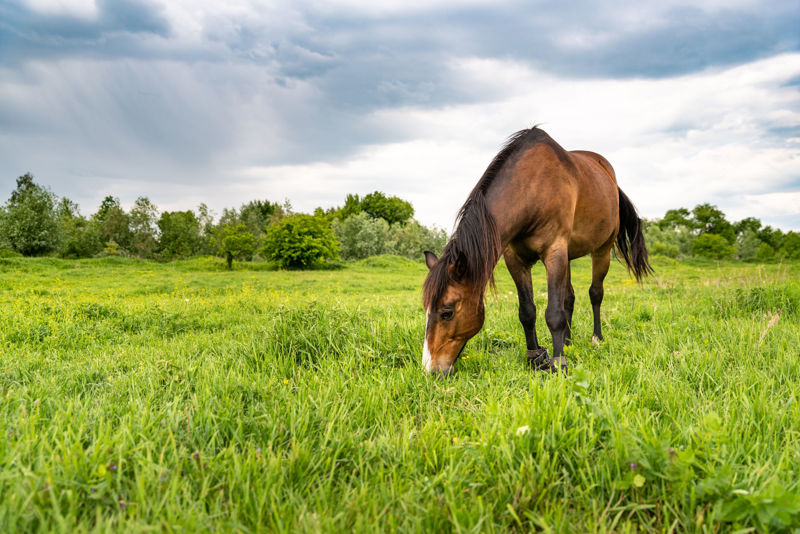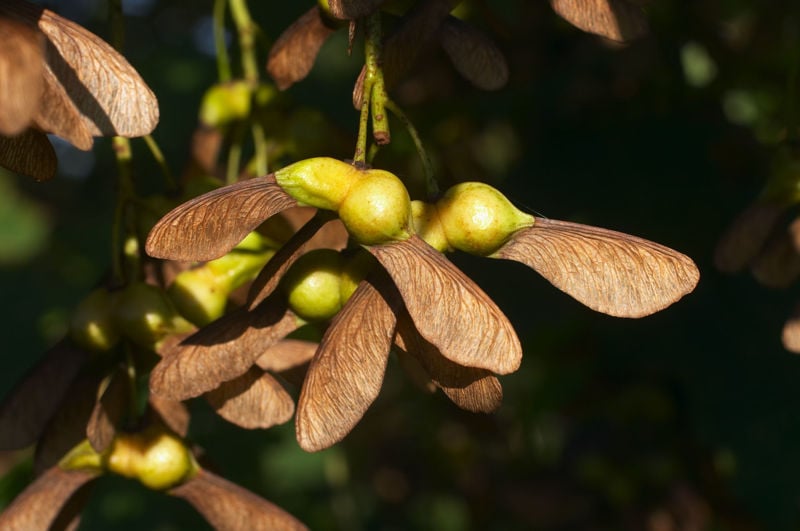Horses and humans are the only mammals that have hypertonic sweat. This means that sweat contains large amounts of electrolytes and both horses and humans can become dehydrated quickly if electrolytes are not replenished adequately. We look at the purpose of electrolytes and how you can help your horse.
Filters
Blog Options
Blog archive
- 2025
- 2024
- 2023
- 2022
- 2021
- 2020
- 2019
- 2018
- 2017
- 2016
- 2015
- 2014
Close
45 YEARS AT THE CENTRE OF EQUINE NUTRITION™

- Bespoke All-in-One™
-
Products
- Back
- Horse Joint Supplements
- Horse Digestion Supplements
- Horse Muscle Supplements
- Horse Vitamins & Minerals
- Horse Calming Supplements
-
Horse Respiratory Supplements
- Back
- Clarity®
- Horse Hoof Supplements
- Horse Skin & Coat Supplements
- Horse Health Supplements
- Supplements for Older Horses
- Horse Breeding Supplements
-
Horse Hormone Supplements
- Back
- Hormonease™
- Horse Treats
-
Herbs for Horses
- Back
- Boswellia
- Burdock Root
- Celery Seed
- Chamomile
- Chastetree Berry
- Cider Apple Vinegar
- Cinnamon
- Clivers
- Comfrey
- Dandelion Roots & Leaves
- Devil's Claw
- Echinacea
- Fenugreek Seeds
- Fussy Feeder
- Garlic Powder
- Hawthorn
- Hedge Herbs
- Liquorice
- Marigold Flowers
- Marshmallow Root
- Meadowsweet
- Milk Thistle Seeds
- Mint
- Nettle
- Rosehips
- Seaweed
- Slippery Elm
- Spirulina
- Turmeric
- Yucca
- Canine
- Gift Cards / Rewards
- ABOUT US
- Contact Us
- Knowledge base
Menu
-
Products
- Back
- Horse Joint Supplements
- Horse Digestion Supplements
- Horse Muscle Supplements
- Horse Vitamins & Minerals
- Horse Calming Supplements
-
Horse Respiratory Supplements
- Back
- Clarity®
- Horse Hoof Supplements
- Horse Skin & Coat Supplements
- Horse Health Supplements
- Supplements for Older Horses
- Horse Breeding Supplements
-
Horse Hormone Supplements
- Back
- Hormonease™
- Horse Treats
-
Herbs for Horses
- Back
- Boswellia
- Burdock Root
- Celery Seed
- Chamomile
- Chastetree Berry
- Cider Apple Vinegar
- Cinnamon
- Clivers
- Comfrey
- Dandelion Roots & Leaves
- Devil's Claw
- Echinacea
- Fenugreek Seeds
- Fussy Feeder
- Garlic Powder
- Hawthorn
- Hedge Herbs
- Liquorice
- Marigold Flowers
- Marshmallow Root
- Meadowsweet
- Milk Thistle Seeds
- Mint
- Nettle
- Rosehips
- Seaweed
- Slippery Elm
- Spirulina
- Turmeric
- Yucca
- Canine
- Gift Cards / Rewards
- ABOUT US
- Contact Us
- Knowledge base
Dr. Stephanie Hyland BSc (Hons)
 Please call Stephanie Hyland MSc. RNutr. on 0800 585525
Please call Stephanie Hyland MSc. RNutr. on 0800 585525
for qualified nutrition advice.
 Please call Stephanie Hyland MSc. RNutr. on 0800 585525
Please call Stephanie Hyland MSc. RNutr. on 0800 585525 for qualified nutrition advice.
Blog
Spring has finally sprung, the clocks have gone forward, and the sun is finally making an appearance. With all this comes coat change season and as the daylight hours increase our horses begin to shed their winter coats. See our tips on how to keep your hair when your horse is losing theirs.
With Spring just around the corner, now is the time to prepare your horse for what is to come, so take advantage of our offer and get top tips from our nutritionist on getting your horse ready for the change of season.
You and your horse both communicate via body language and understanding your horse's body language, as well as your own will help improve your relationship and how you understand each other.
Dr. Stephanie Wood explains how the Feedmark team create your horse's Bespoke All-In-One™ to make a truly personalised formulation.
Feedmark's Director of Science and Nutrition, Dr. Stephanie Wood, takes a look prohibited substances and how we can reduce the risk of our horses consuming them.
Dr. Stephanie Wood discusses Pituitary pars intermedia dysfunction (PPID) and the effects on equids.
Anouk Frieling, mSc Equine Science, BSc (Hons) looks at the sleeping patterns of horses
Alan Creighton talks about Biosecurity in equine premises
Feedmark Nutritionist discusses the importance of respiratory health and how forage quality affects equine respiratory health. Discover low-dust alternatives like haylage and silage, plus expert tips to prevent respiratory diseases
Tania Sundra & David Rendle discuss equine gastric ulcer syndrome (EGUS) and the growing appreciation of the difference between squamous gastric & glandular gastric disease.
Anouk Frieling discusses atypical myopothy (AM) and the effects if has on the horses muscles.
Copyright © 2025 Feedmark Ltd. All rights reserved.
